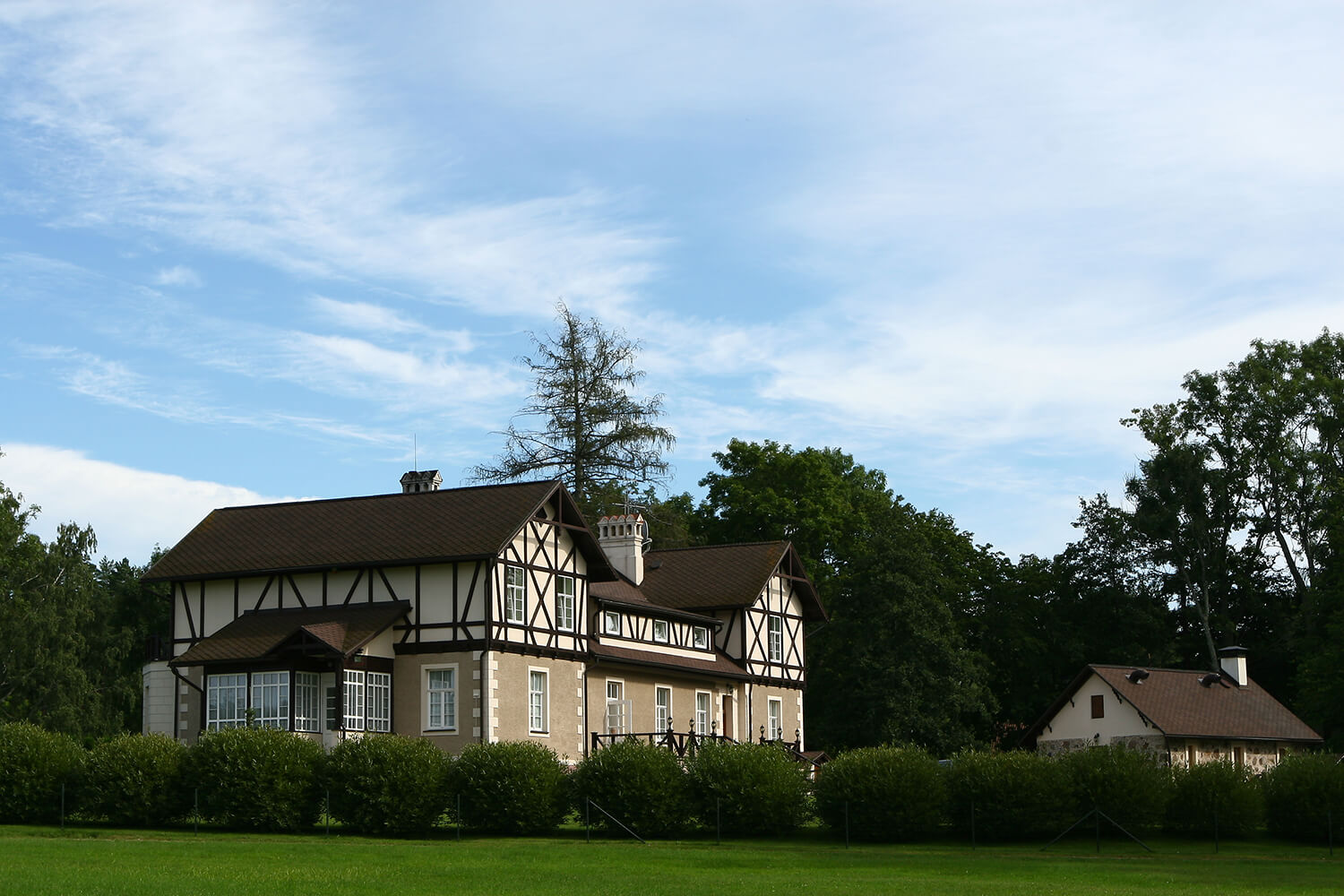The weather in my area requires running either the furnace or the air conditioner the majority of the time.
- Due to the severe outdoor conditions, my family is kept inside for most of the year.
Because of the cost of heating and cooling, it’s important to seal up the house and prevent energy waste. The lack of ventilation can create lots of problems with humidity, odors and overall indoor air quality. I looked into a variety of options to improve the comfort, cleanliness and health of the home and decided on a heat recovery ventilator or HRV. The device works to replace stale air with fresh air all year round. It consists of two ventilation ducts, with one carrying fresh air into the house and the other transporting the polluted air out. During the winter, the warm air leaving the home gives up its heat as it passes through the heat exchanger. The incoming air coming in through the opposite duct absorbs this heat as it flows into the home, helping to reduce demands on the furnace. By capturing and recycling heat, it improves comfort and trims heating bills. In the summer months, the process switches so that the hot, outdoor air loses its heat on the way inside, lowering the home’s temperature and minimizing the workload of the air conditioner. It focuses on reducing humidity, combating condensation, mold growth and that sticky feeling. By constantly refreshing the air, the HRV reduces allergens. Contaminants such as dust, dander and VOCs are expelled outdoors. The HRV system is designed to operate continuously without using much energy or making much noise.
